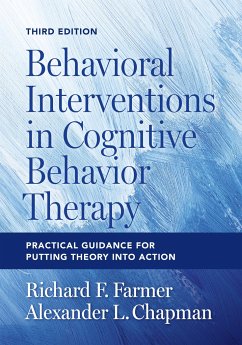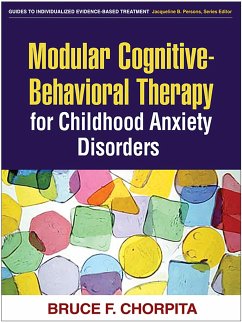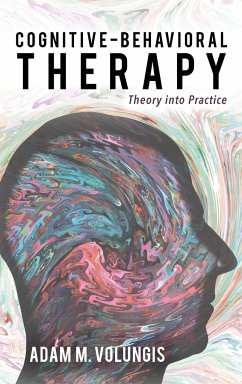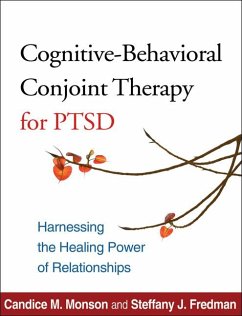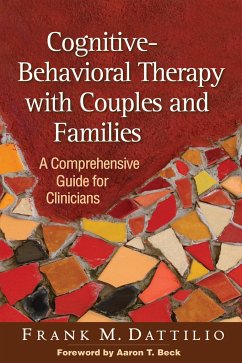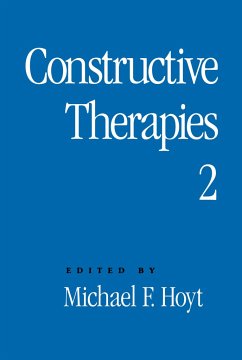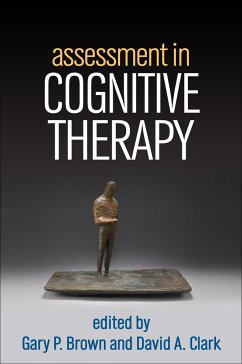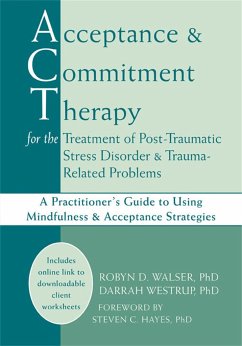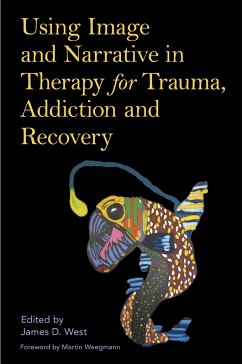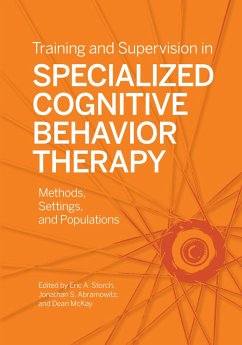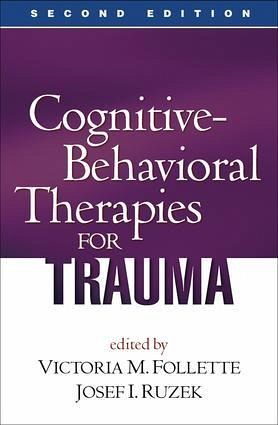
Cognitive-Behavioral Therapies for Trauma, Second Edition

PAYBACK Punkte
30 °P sammeln!
This important volume brings together leading clinicians and researchers to present cognitive-behavioral approaches to treating PTSD and other trauma-related symptoms and disorders. Solidly grounded in the latest theory and research, chapters describe pragmatic, clinician-friendly strategies for working with problems that are prevalent across a variety of trauma experiences, including intrusion and arousal, guilt, anger, substance abuse, dissociation, and relationship difficulties. Throughout, the volume emphasizes the importance of situating symptomatic thoughts, feelings, and behaviors in th...
This important volume brings together leading clinicians and researchers to present cognitive-behavioral approaches to treating PTSD and other trauma-related symptoms and disorders. Solidly grounded in the latest theory and research, chapters describe pragmatic, clinician-friendly strategies for working with problems that are prevalent across a variety of trauma experiences, including intrusion and arousal, guilt, anger, substance abuse, dissociation, and relationship difficulties. Throughout, the volume emphasizes the importance of situating symptomatic thoughts, feelings, and behaviors in their interpersonal and environmental contexts, instead of focusing on trauma history alone or viewing clients through a lens of individual dysfunction. The introductory section provides an overview of cognitive-behavioral treatments for trauma and reviews their empirical bases and current outcome research. Guidelines are delineated for conducting functional analytic assessment, a treatment planning approach that illuminates the ways trauma symptoms and secondary problems are triggered and maintained within each individual's current environment. Building on these foundations, Part II focuses on symptoms and symptom constellations common among survivors of combat, rape, assault, child abuse, and other extremely stressful experiences. Each chapter describes the relevance of behavioral theory to the issue being addressed, briefly reviews the literature, and offers an extended discussion of clinical applications, illustrated by realistic transcripts and case vignettes. Readers gain a deeper understanding of the goals and procedures of trauma education, therapeutic exposure, stress management training,cognitive reprocessing, and other interventions, and learn techniques for defusing negative self-talk, working with traumatic memories, and helping clients develop new trauma narratives. The interpersonal context of treatment and recovery is given special attention in chapters on the significance of the therapeutic relationship and on couple therapy for trauma. Part III addresses developmental concerns, helping clinicians understand the special needs of children and older adults. Providing a comprehensive account of the current state of cognitive-behavioral treatments for trauma, this volume is a highly practical tool for psychologists, psychiatrists, social workers, counselors, and other mental health professionals. It also serves as an exemplary text for graduate-level students in these areas.




